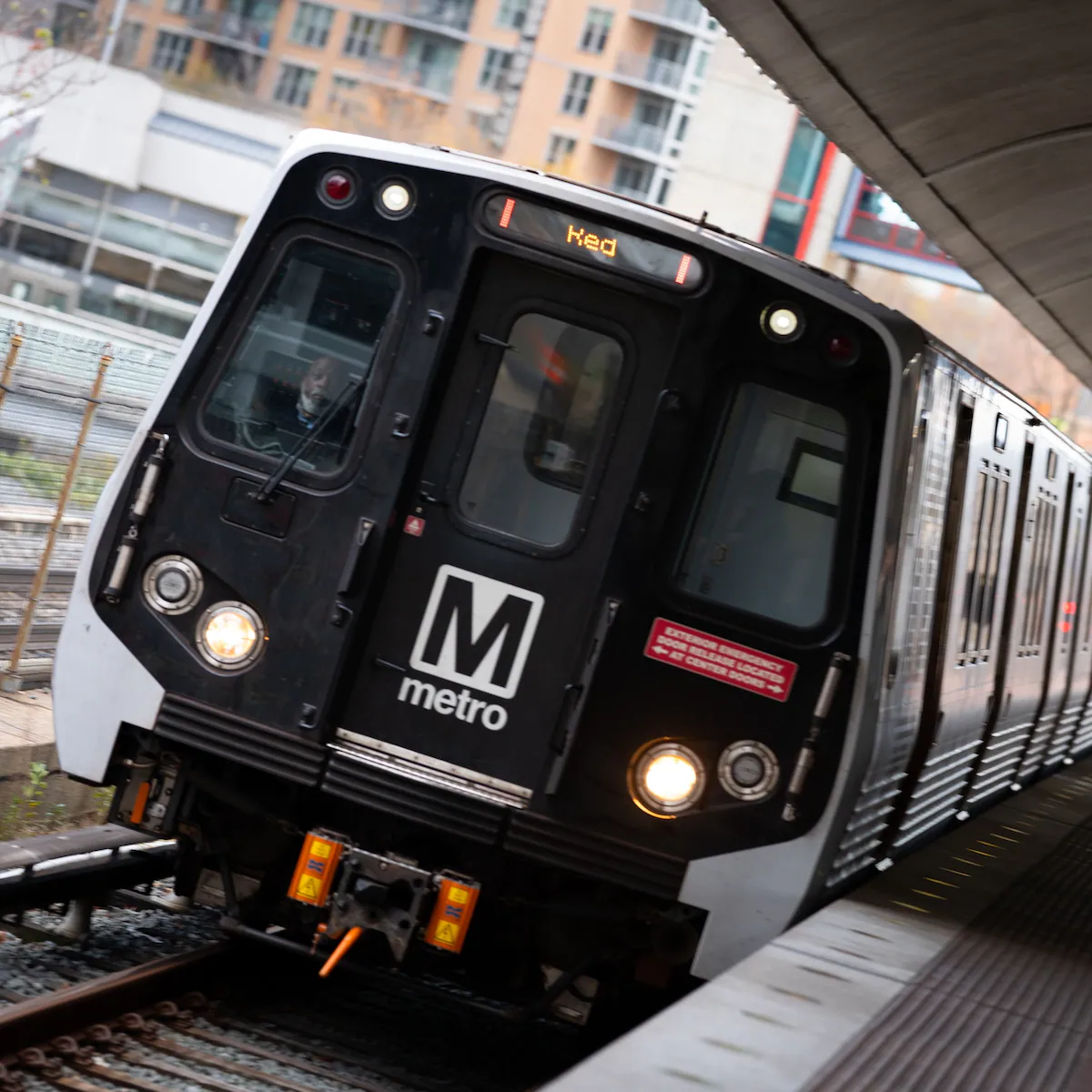Metro workers in Washington, D.C., will see changes to their schedules and compensation under a newly signed union contract that runs through 2028. The deal, which was finalized after seven months of negotiations, tackles key issues like worker fatigue and rising labor costs. One significant change is that employees, particularly bus and train operators, must now have at least 10 hours off between shifts.
The previous rules only required eight hours off, leading to situations where workers had little rest between shifts. This adjustment aligns with potential federal standards under consideration for public transit workers, aimed at reducing safety risks caused by exhaustion.
The new contract also addresses compensation, placing caps on salary increases tied to inflation. Previously, Metro workers received an unlimited cost-of-living adjustment, which resulted in a 10% raise last year due to inflation. While the generous increase was criticized as unsustainable by regional officials, union representatives argued that workers deserved the raises, especially during a period marked by high inflation, increased violence on public transit, and a shortage of qualified drivers.
Under the new agreement, there will be no salary increases in the first year due to the sharp decline in inflation. However, over the next three years, union members will receive pay increases ranging from 9.5% to 15%, with built-in adjustments if inflation surpasses their automatic annual raises of 3% to 3.5%. The annual increase is capped at 5% through the end of the contract.
Additionally, the contract introduces stricter measures for employees who violate rules. Penalties for tardiness without a valid excuse are enhanced, and the time period for which employees who fail to qualify physically for one job are eligible for reassignment is reduced from three years to 18 months. These changes aim to improve accountability within the system.
In terms of benefits, there are some positive adjustments for workers. Retirees will maintain their health-care coverage, a benefit lost for those who retired after 2010. However, the portion of health-care costs paid by former employees will rise from 20% to 35%. Dental, hearing, and vision benefits are also improved under the new deal. New hires, who previously had no vacation time in their first year, will now be eligible for up to four days off for perfect attendance and no safety violations. Paid sick leave will now begin immediately when an employee calls out, instead of starting on the third day of illness.
On the operational side, the contract eliminates the “work train” service that used to pick up station managers at night, allowing more time for track maintenance. In return, employees will receive free parking at WMATA stations or subsidized parking at locations without available lots.
The deal was overwhelmingly approved by 90% of the approximately 8,500 union members and unanimously ratified by Metro’s board of directors. Local union president Raymond Jackson called the contract a “huge win” for transit workers, ensuring fair compensation while also enforcing stricter accountability. John Costa, the national president of the American Transit Union, echoed this sentiment, describing it as a “strong contract” that benefits both workers and the riders who rely on safe and dependable transit services.
Also Read:
- Illinois Lawmakers Renew Push to Ensure Full Minimum Wage for Tipped Workers
- Illinois Law Safeguards Rights of Freelance Workers
The union is still negotiating contracts for other transportation workers, including D.C. Streetcar and Arlington bus drivers. They are also advocating for the retention of D.C. Circulator workers who may lose their jobs when the service shuts down later this year.






